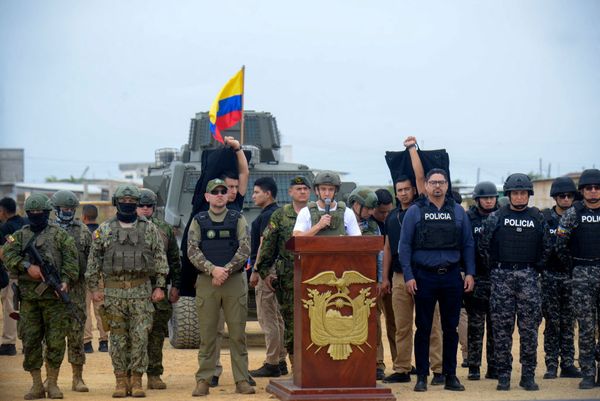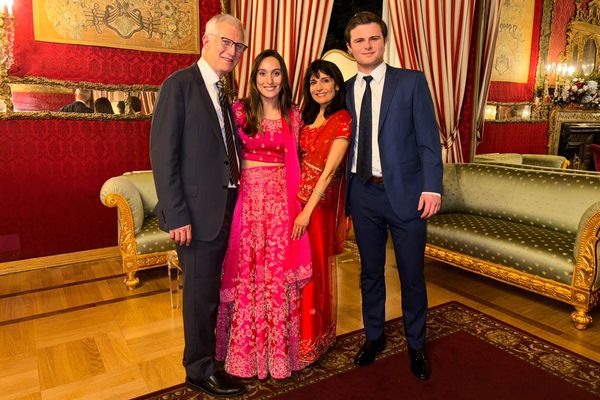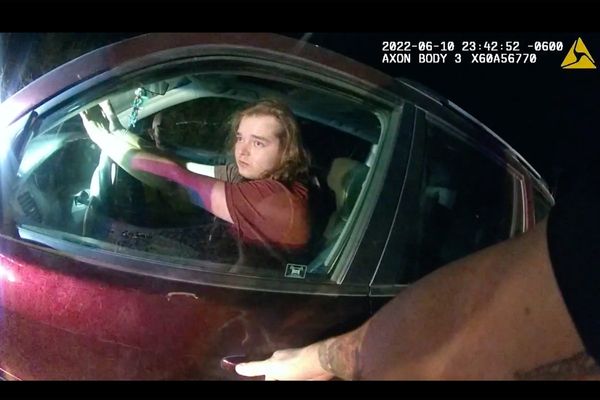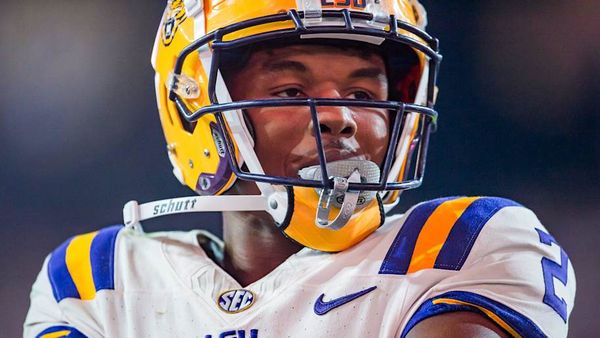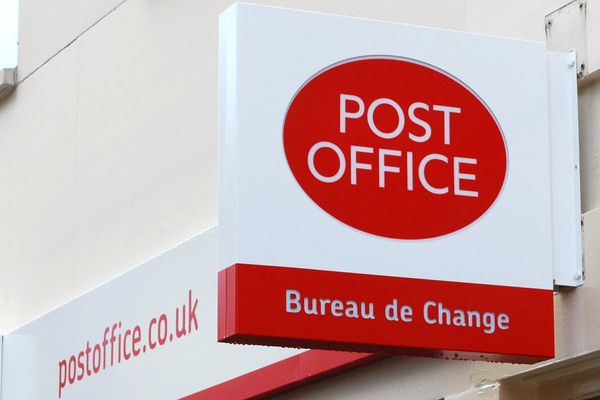
Poker machine clubs in New South Wales have wrongly claimed almost half of all community contributions under a controversial grants scheme, forcing the state government to claw back lost revenue.
The ClubGrants scheme allows some venues to secure tax cuts if they donate a share of gambling revenue to “community development and support”. But critics believe it has become a “shameless rort”, with some clubs funnelling money into their own initiatives.
The NSW government has admitted clubs continually give money to “organisations even though they demonstrate limited or poor outcomes from the funding” and that independent advice from community panels can be ignored.
A discussion paper released by the government ahead of a formal review into the scheme concedes further flaws, while asking for feedback on how to overhaul the program.
“It is a NSW government program, however because the grants are given by clubs, they are not currently bound by best practice grants administration and NSW government grants requirements,” said the paper, released shortly before Christmas.
The government also complained about the “administratively complex and costly process” of getting clubs to pay back tax concessions that were wrongly given due to ineligible community contributions.
“Whilst clubs are encouraged to give back to their communities, approximately 40% of grants are advertised as ‘ClubGrants funds’ even though they were not [later] accepted as part of the scheme,” the discussion paper said.
ClubsNSW said the majority of payments were not eligible under the scheme because clubs had already exceeded a legislated cap on the discount. Gaming and Liquor NSW assessed 3,605 of the 13,276 donations claimed made last year and rejected 54 for being outside the scheme’s scope.
“Clubs regularly give back to their communities far more than they are required to under the ClubGrants guidelines,” a ClubsNSW spokesperson said.
“Of the $121m in ClubGrants provided last year to charities, community groups and sporting organisations, only $71m was claimable by clubs as a tax rebate.
“In other words, clubs gave over $50m – or over 42 per cent – more than required under the ClubGrants Guidelines and without any further tax concession.”
The government conducts preliminary assessments of payments made under the scheme before venues lodge their tax returns. More thorough audits are conducted once they have been claimed.
“If grants are subsequently determined to not be eligible, Liquor & Gaming NSW must require the club to repay the equivalent tax concession,” the discussion paper said.
When the paper was released, the minister for gaming, David Harris, said there had not been a review into the effectiveness of the scheme since 2013.
“The NSW government is committed to ensuring integrity and public trust in government grants,” Harris said.
The NSW Council for Social Service ended its 25-year association with the scheme due to concerns about money being diverted from community groups and charities in need to groups affiliated with clubs.
“We found so many initiatives that were funded through a club grants process that were not about improving living standards for low income and disadvantaged people – from orchid appreciation societies to kennel clubs, fixing up the bowling green, or the club’s own women’s auxiliary lunch,” Joanna Quilty, the former Ncoss chief executive, told Guardian Australia last year.
There is no suggestion clubs have broken the law, and ClubsNSW has said the scheme provided more than $120m in support last year and $1bn since its launch in 1998.
The scheme has also allowed some of the country’s biggest poker machine venues to send money to their parent companies – professional NRL clubs – while claiming the payment as a community benefit.
The Wesley Mission’s chief executive, the Rev Stu Cameron, who is part of the NSW government’s expert panel on gambling reform, has routinely criticised the scheme.
“The ClubGrants scheme in NSW is not only broken, it never worked to begin with,” Cameron said. “The scheme should be scrapped immediately, and an investigation undertaken.”
Anti-gambling campaigner Tim Costello has previously described the schemes as “the most shameless rort in Australia”.
In Australia, Gambling Help Online is available on 1800 858 858. The National Debt Helpline is at 1800 007 007. In the UK, support for problem gambling can be found via the NHS National Problem Gambling Clinic on 020 7381 7722, or GamCare on 0808 8020 133. In the US, call the National Council on Problem Gambling at 800-GAMBLER or text 800GAM

